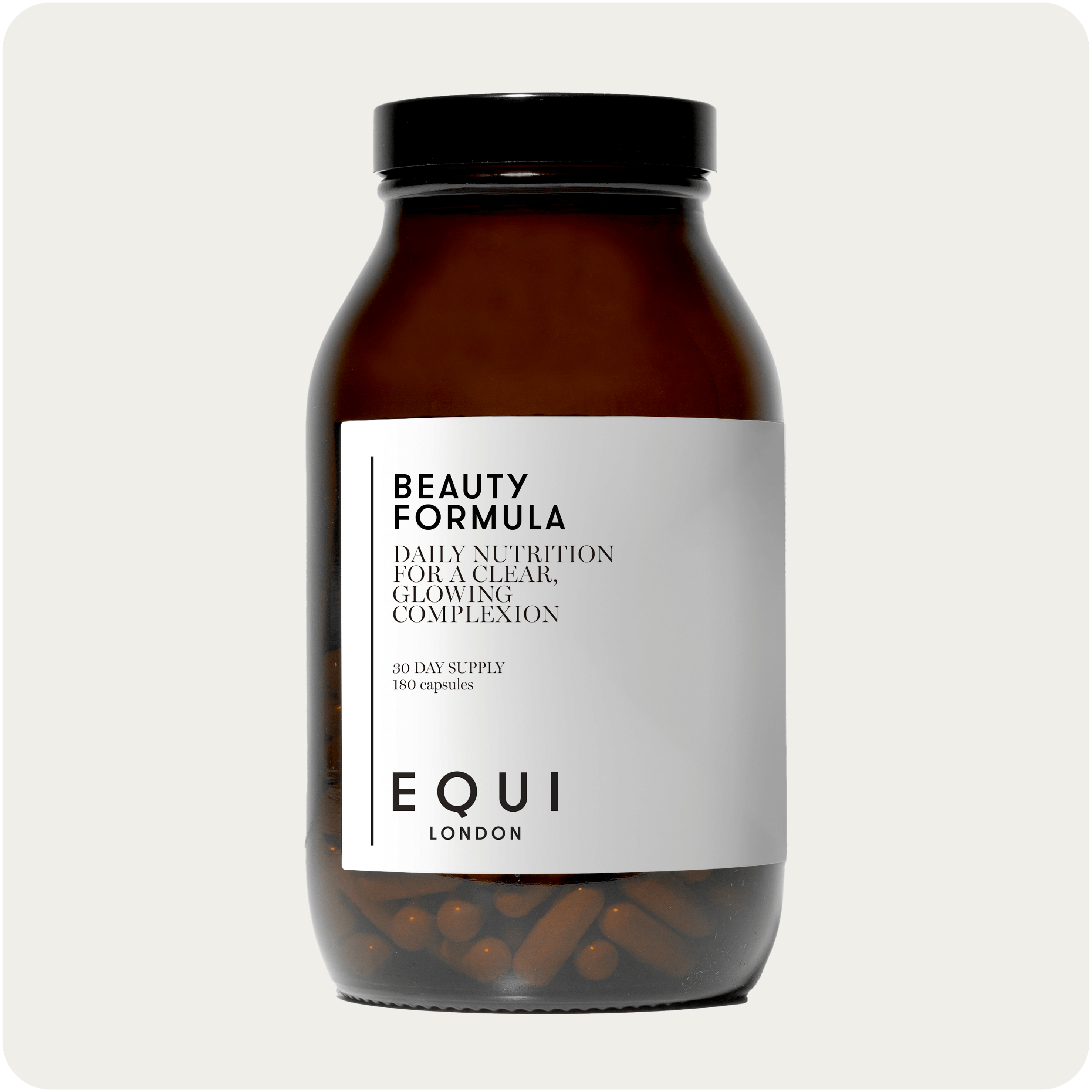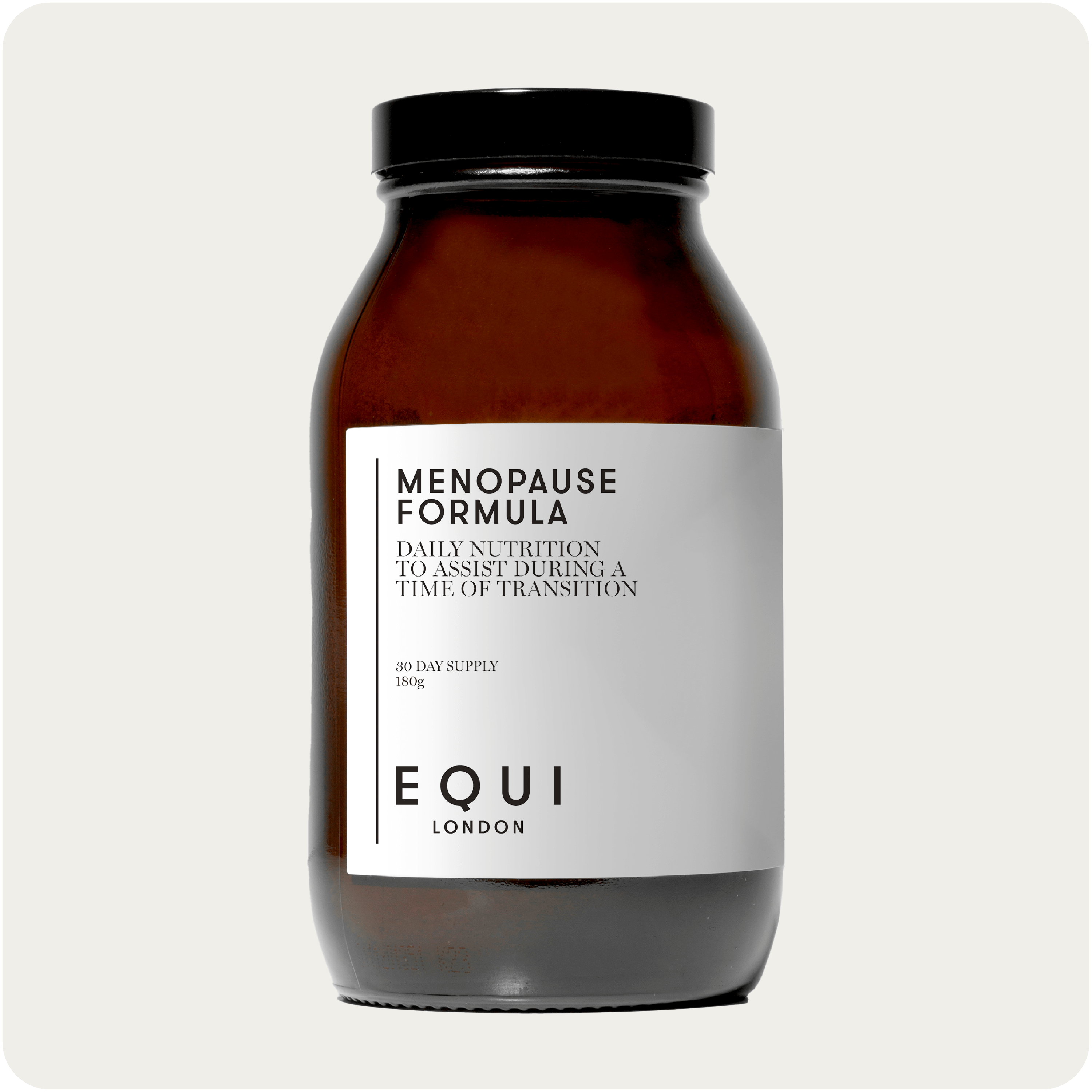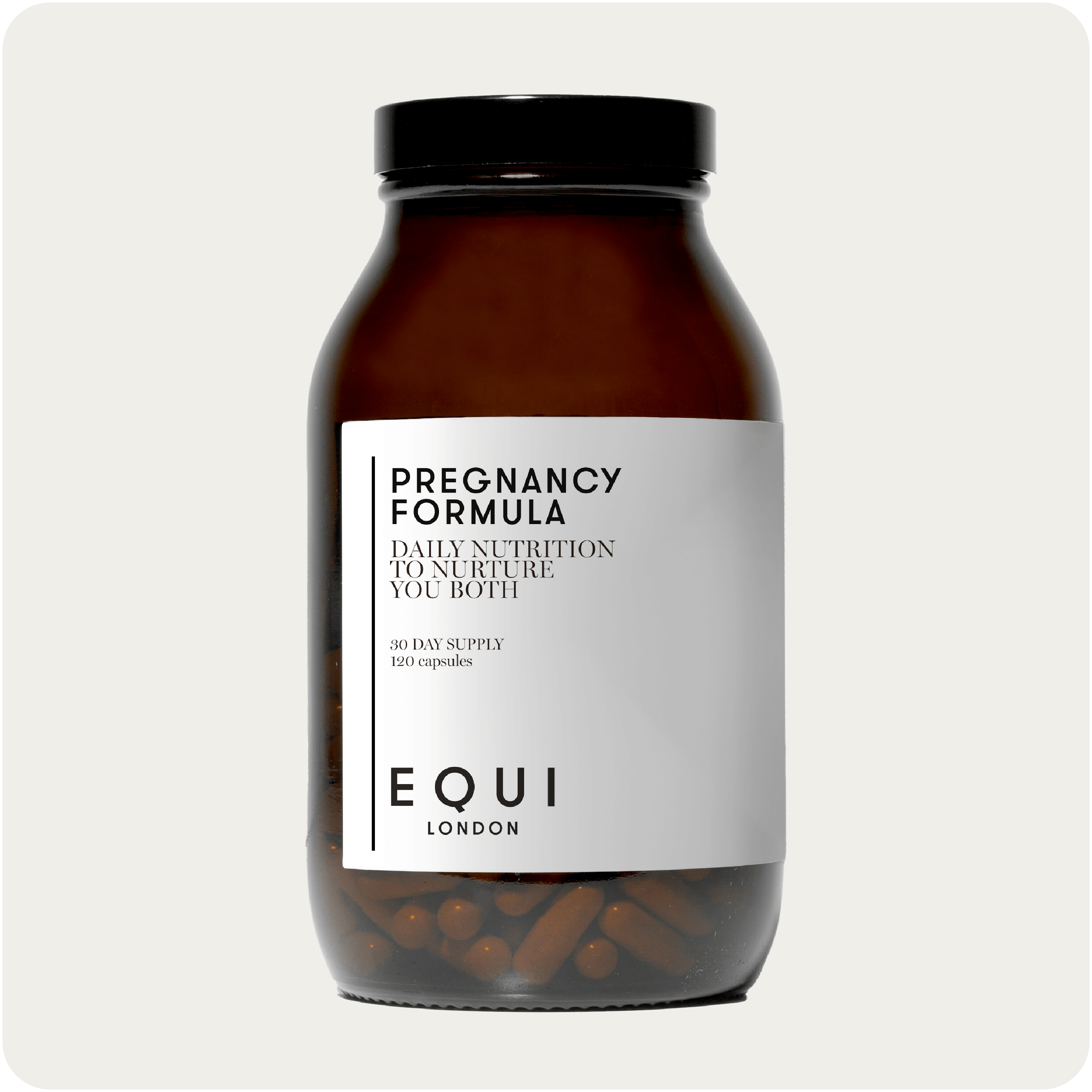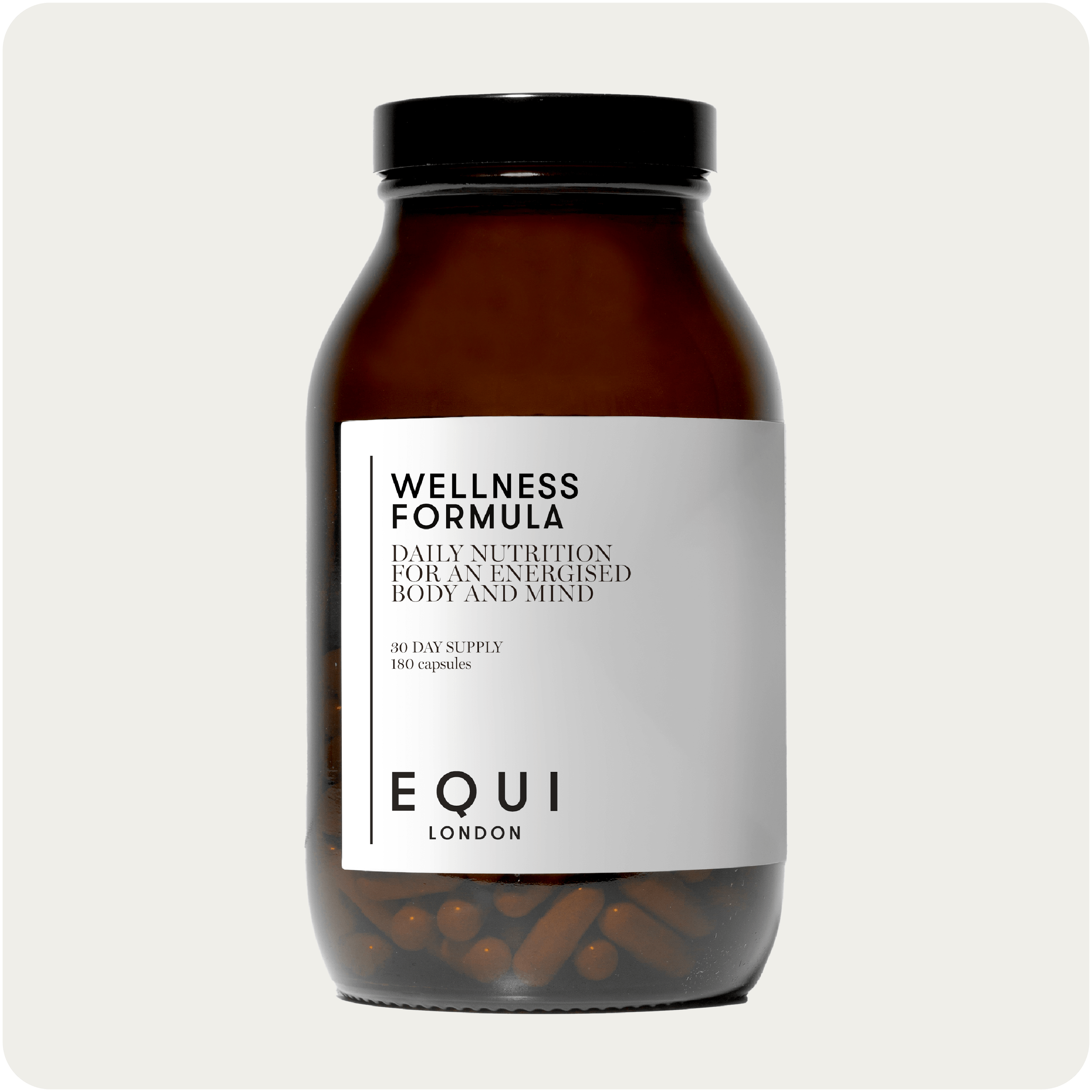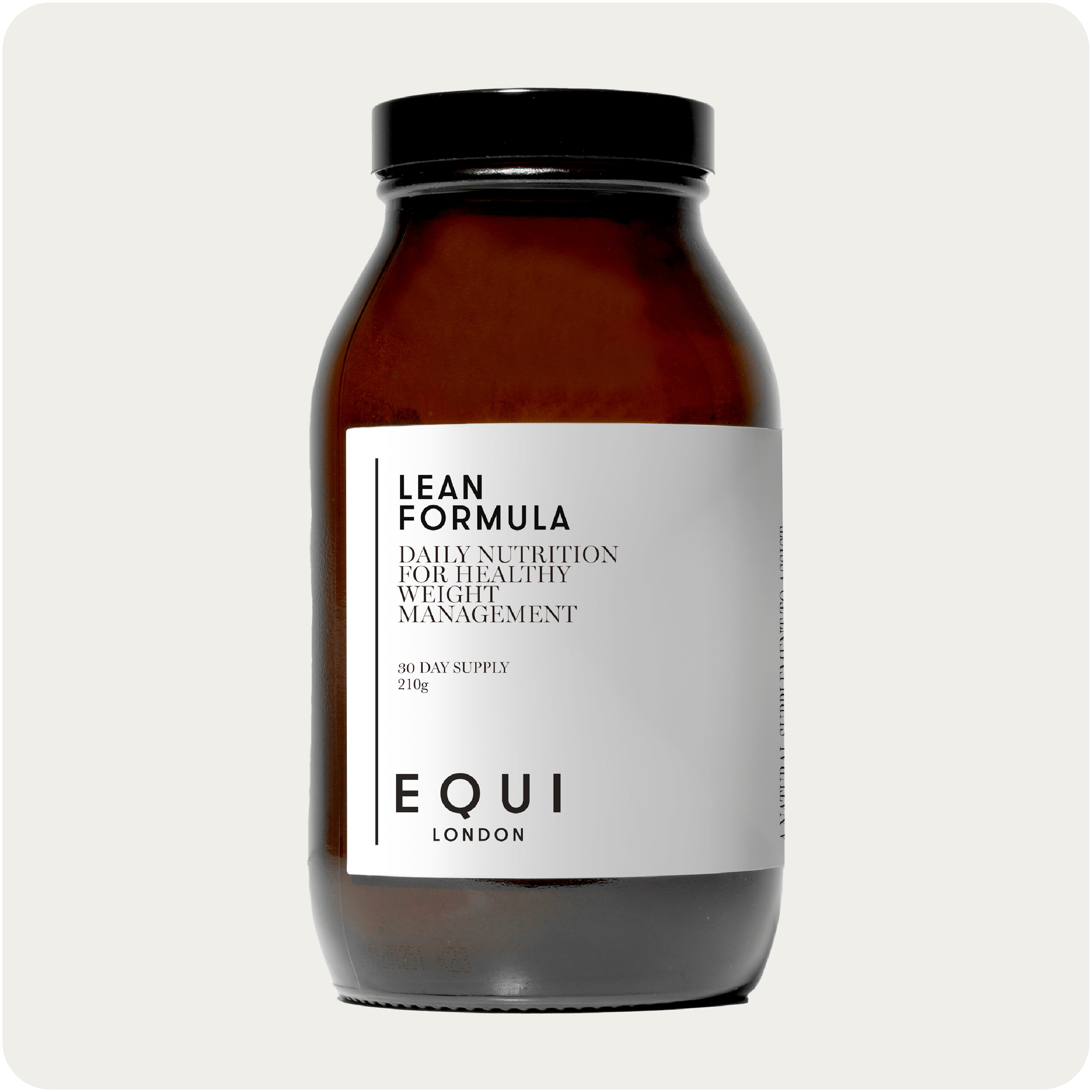
Alcohol has been a central part of social gatherings, celebrations, and even rituals for centuries. Yet, while a glass of wine or a cocktail might be seen as essential for winding down after a long day, the reality is that alcohol has a complex knock-on effect in our bodies, influencing everything from our mood to our hormones. When we think of overdoing the alcohol, we often picture its short-term effects: poor sleep, sugar cravings, and of course a hangover. But beyond these effects lie a myriad of deeper interactions that can linger long after the morning after. At the heart of these interactions is the profound impact alcohol has on our body's intricate systems, affecting not just our liver but our brain, hormones, and even our mental well-being.
Whether you drink or not to drink is such a personal choice. Yet, understanding how alcohol truly influences us—beyond the temporary highs and lows—can empower us to make more informed decisions. Whether you're someone who enjoys the occasional drink or someone who's just curious about the mechanics of it all, this guide aims to shed light on alcohol's impact on our body. From exploring the immediate effects of getting drunk to delving into its lingering impacts days after, we'll explore beyond the typical warnings, uncovering aspects of alcohol's influence that might surprise you. From understanding the effects on mental health and hormonal balance to providing practical recovery tips, this blog is set to equip you with everything you need to know about drinking alcohol from a health and wellness perspective.
Alcohol's Immediate Effects
We've all been there: after a drink or two, the world seems slightly brighter, conversations flow easier, and a giddy feeling takes over. But what's really happening inside our brain when we consume alcohol? Let's decode the science behind that buzz.
Alcohol and Neurotransmitters
At the heart of alcohol's effects on our brain are neurotransmitters, the chemical messengers that facilitate communication between neurons. Alcohol primarily affects two neurotransmitters: gamma-aminobutyric acid (GABA) and glutamate. GABA is an inhibitory neurotransmitter, meaning it reduces neuronal activity. Alcohol enhances the effects of GABA, leading to feelings of drowsiness, calm, and relaxation. On the flip side, alcohol inhibits the excitatory neurotransmitter glutamate, further slowing brain activity. This combination results in the typical symptoms of alcohol intoxication: slowed reflexes and impaired judgment (1). One reason drinking might feel pleasurable is the release of dopamine, our "reward" neurotransmitter. Alcohol triggers the release of dopamine in the brain's reward centres, which can produce feelings of euphoria. However, the effect on our neurotransmitters, can lead to imbalances, more on which we will cover later!
Cognitive and Motor Function Impairment
As alcohol affects the cerebral cortex, our senses and ability to think clearly can become impaired. This might manifest as lowered inhibitions, making us more talkative and confident. However, this can also lead to poor judgment and decision-making. Furthermore, with the cerebellum affected, coordination and fine motor skills can become compromised – ever wondered why walking in a straight line becomes a challenge?
Emotional Responses & Lower Inhibition
The limbic system, which governs emotions, is also influenced by alcohol. This is why after a few drinks, emotions can seem heightened, whether they be joy, sadness, or aggression (2). Alcohol also impacts the frontal lobes, which are responsible for reasoning and judgment. As these functions become suppressed, our inhibitions drop, sometimes leading to risk-taking or out-of-character behaviour (3).
So, while a drink might bring temporary euphoria or relaxation, the myriad ways it interacts with our brain paints a complex picture. Awareness of these processes not only helps in understanding our reactions but also emphasises the importance of moderation and avoiding binge drinking. After all, ensuring the delicate balance of our brain's intricate systems remains undisturbed is vital for our overall health and well-being.
Alcohol's Lingering Effects on Mental Health and Cognitive Function
We’ve all familiar with the much dreaded ‘hangover’ – the pounding headache, nausea, and fatigue that can follow a night of heavy drinking. Yet, beyond these physical symptoms, alcohol can leave a more inconspicuous but equally significant imprint on our cognitive well-being, with repercussions extending for several days post-consumption. The effects of alcohol don't just vanish once it's metabolised. Delving into the science behind these effects provides a deeper understanding of alcohol’s prolonged influence on our brain.
Alcohol and Anxiety
Alcohol acts as a depressant, despite initially producing feelings of relaxation and euphoria. This effect results from the increased release of GABA, while simultaneously suppressing excitatory neurotransmitters like glutamate. However, in the hours and days following alcohol consumption, there’s a rebound effect: the brain attempts to restore its equilibrium by producing more of the excitatory neurotransmitters and suppressing the inhibitory ones. This surge can lead to heightened anxiety, a phenomenon commonly termed "hangxiety".
Not only this, but alcohol can affect the balance of neurotransmitters long after the last drink. This imbalance can not only lead to anxiety, but mood swings, and even memory issues, with some effects lasting up to several days (4). It's also worth noting that with regular consumption, the brain adapts, leading to increased tolerance and potentially to dependence or addiction.
Impact on Mood and Depression
Short term, alcohol consumption can cause an imbalance of neurotransmitters, impacting mood, whilst long-term it can decrease serotonin levels in the brain. Serotonin is a crucial neurotransmitter responsible for mood regulation. A reduction in its levels can trigger feelings of sadness, irritability, or even depressive episodes. However, it is worth noting that even short-term binge drinking can significantly deplete serotonin, leading to mood disturbances in the following days.
Memory Impairment
Alcohol can hinder the brain's ability to form new long-term memories, an effect known as a "blackout". This results from alcohol’s disruption of the hippocampus, a region integral to memory formation. Even after alcohol is metabolised, the hippocampus can exhibit reduced functionality for days, leading to difficulties in learning and memory retention (5). Hence, why you may find you struggle to focus at work in the days after a big night out.
Disrupted Sleep Patterns
While alcohol might make you feel drowsy, it actually disrupts the quality of sleep by reducing the amount of REM (Rapid Eye Movement) sleep, a critical phase for cognitive and emotional processing. Over the subsequent nights, the body might experience "REM rebound" where there's an excessive amount of REM sleep. This can result in fatigue, poor concentration, and mood disturbances (6) for days after drinking.
Lingering Effects
Ever wondered why that hangovers can last for days after you’ve been drinking? The persistence of alcohols effect on the brain, is partly because of its disruption of the brain’s neurochemical balance, combined with dehydration, malnutrition, and disrupted sleep. These factors combined; can mean you are faced with a 3 day hangover. Additionally, the body's process of detoxifying and removing alcohol, especially after excessive consumption, can strain and fatigue the body, further prolonging recovery time (7).
How Alcohol Impacts Hormone Levels and Bodily Functions
The vast array of bodily functions that hormones regulate is truly astounding, orchestrating everything from growth and metabolism to mood and reproduction. When alcohol enters the equation, the intricate balance of hormonal activity can be disturbed, often leading to significant repercussions. Let's explore the science of how alcohol interacts with various hormones and the consequences that arise!
Sleep Hormones
One of the primary hormones affected by alcohol is melatonin, a hormone responsible for regulating our sleep-wake cycle. One study found that alcohol intake, especially in the evening, can suppress melatonin production, disrupting our circadian rhythm (8). While alcohol might induce sleepiness initially, this reduction in melatonin often results in fragmented sleep, fewer REM cycles, and overall poorer sleep quality.
Metabolic Disruptions
It doesn’t end there – alcohol also makes us feel hungrier and increases cravings. Ghrelin, our "hunger hormone," stimulates appetite and plays a pivotal role in energy balance. Research has shown that acute alcohol intake can elevate ghrelin levels, which might partly explain the insatiable hunger often experienced after drinking (9). Additionally, alcohol can affect insulin sensitivity, disrupting glucose metabolism, increasing sugar cravings and may lead to type 2 diabetes over time (10).
Reproductive Health
For women, alcohol can also lead to disturbances in the menstrual cycle by affecting levels of oestrogen and progesterone. One study highlighted that regular and heavy alcohol consumption can lead to menstrual irregularities, including missed periods or even premature menopause if excessive, all of which are problematic for fertility (11). For men, testosterone production can be impacted, which has a knock-on effect on many aspects of health and wellbeing. Research shows us that even a modest amount of alcohol can reduce testosterone levels in men, potentially affecting libido, semen parameters and therefore fertility (12).
Stress Hormones
Cortisol, our primary stress hormone, is notably affected by alcohol too. While acute alcohol consumption might have a depressant effect, leading to feelings of relaxation, it can cause a rebound increase in cortisol as the alcohol wears off. This elevation in cortisol over prolonged periods can lead to a host of other health issues, including weight gain, anxiety, and even cardiovascular problems long term (13).
Bone Health
Alcohol has been linked to decreased bone density, with one mechanism being its interference with the growth hormone (GH) and insulin-like growth factor (IGF-1), both crucial for bone health. One study found that chronic alcohol consumption could diminish GH and IGF-1 levels, potentially contributing to weakened bones and increased fracture risk (14).
So, while alcohol might offer temporary relaxation or heightened feelings of euphoria, its wide-reaching hormonal effects paint a more complex picture. From sleep disturbances to metabolic and reproductive challenges, alcohol's interactions with hormones underscore the importance of moderation and awareness of its multifaceted impacts on our health.
Detoxification and What Happens When We Drink
The liver, one of the body's largest and most complex organs, plays a critical role in various metabolic processes, all integral to maintaining our health. This multifunctional organ ensures the smooth functioning of essential tasks like detoxification, metabolising fats and proteins, producing bile for digestion, and storing crucial vitamins and minerals. The primary function of the liver as a detoxifying organ, is filtering out harmful substances from the bloodstream through a series of chemical reactions. It converts toxins into water-soluble compounds, which can then be excreted from the body via urine or bile. It also serves as a storage unit for vitamins like A, D, E, and K, and minerals such as iron and copper, releasing them when the body requires them. However, when we consume alcohol, it enters the bloodstream and heads to the liver for processing. What’s more, the liver can only metabolise about one standard drink of alcohol per hour (15). Once alcohol arrives in the liver, it is given priority over almost all other processes because the body views it as a harmful toxin that must be cleared as soon as possible.
To detoxify alcohol, the liver produces enzymes, primarily alcohol dehydrogenase (ADH), which break down alcohol into acetaldehyde, a potent, toxic compound. Meanwhile, the liver's prioritisation of alcohol has side effects. As alcohol floods the system, the liver's capacity to process fats becomes inhibited. This can lead to fatty liver disease, a condition where fat accumulates inside liver cells, making it harder for the liver to function effectively (16). Additionally, while the liver focuses on alcohol, it's less efficient at removing other toxins from the bloodstream, potentially leading to an accumulation of harmful compounds in the body. So, regular and excessive alcohol consumption can strain the liver, hindering its ability to carry out vital processes. This understanding underscores the importance of moderation, allowing the liver time to recover and effectively manage its myriad responsibilities.
Recovery and Resilience - How to Bounce Back After a Night Out
Alcohol, while momentarily enjoyable, often leads to dehydration due to its diuretic properties. Beyond the immediate symptoms like headaches and fatigue, chronic dehydration can impair bodily functions over time. So, post-alcohol care is crucial for swift recovery. If you are going to drink, here are 5 actionable tips to help aid your recovery:
- Prioritise Rehydration - Immediately after drinking, start with water to replenish lost fluids. Electrolyte solutions or sports drinks can also help restore the balance of sodium, potassium, and other essential electrolytes. In fact, rehydration with electrolyte solutions can be more effective than water alone!
- Nutrient-Rich Foods – Perhaps you didn’t know that alcohol can deplete essential vitamins and minerals! So, consider consuming foods high in B vitamins, magnesium, and zinc the next day. Think bananas, avocados, nuts, seeds, and leafy greens. These can help replace lost nutrients and speed up recovery. A green juice would be a great option too as this would contain many of the nutrients needed to aid recovery, with the added benefit of helping you rehydrate. Each EQUI Formula contains an advanced multimineral and vitamin complex, helping to aid a speedy recovery following alcohol intake.
- Support Detoxification - Aid the liver, your detox powerhouse, by consuming cruciferous vegetables like broccoli and Brussels sprouts. These foods contain compounds that can boost the liver's ability to metabolise alcohol and other toxins (17). Other nutrients that support liver detox include choline, which is included in every Formula and N-acetyl cysteine, which you can find in Lean and Menopause Formulas.
- Herbal Teas – Herbs can also aid detoxification, such as dandelion or milk thistle, both known to support liver function (18). The active compound in milk thistle, known as silymarin acts as an antioxidant, combating oxidative stress produced during alcohol metabolism. It also promotes liver cell regeneration and reduces inflammation in the liver tissue. Herbal teas would be one way to incorporate dandelion and milk thistle, whilst all Formulas (aside from Pregnancy) also contain milk thistle, so taking your supplement daily may actually help to aid your recovery.
- Alcohol-Free Days - Regular and heavy alcohol consumption can strain the liver and lead to nutrient deficiencies. Research suggests that even moderate drinkers can benefit from regular alcohol-free days, allowing the body time to repair and recover fully (19). So, aim to have at least 3-4 alcohol free days during the week, if not more – you won’t regret it!
So, if cutting out alcohol completely isn’t for you, its after-effects can be mitigated with conscious choices. Rehydration, replenishing nutrients, and supporting detoxification can accelerate recovery. Most importantly, integrating regular alcohol-free days can give your body the breather it needs, ensuring long-term well-being.
References
-
Koob, G.F., (2003). Alcoholism: allostasis and beyond. Alcoholism: Clinical and Experimental Research, 27(2), pp.232-243.
-
Duka, T., Townshend, J.M., Collier, K. and Stephens, D.N., (2004). Kindling of withdrawal: a study of craving and anxiety after multiple detoxifications in alcoholic inpatients. Alcoholism: Clinical and Experimental Research, 28(6), pp.785-795.
-
Goudriaan, A.E., Grekin, E.R. and Sher, K.J., (2007). Decision making and binge drinking: a longitudinal study. Alcoholism: Clinical and Experimental Research, 31(6), pp.928-938.
-
Krystal, J.H., Petrakis, I.L., Mason, G., Trevisan, L. and D’Souza, D.C., (2003). N-methyl-D-aspartate glutamate receptors and alcoholism: reward, dependence, treatment, and vulnerability. Pharmacology & Therapeutics. 99(1), pp. 79-94.
-
White, A.M., (2003). What happened? Alcohol, memory blackouts, and the brain. Alcohol research & health, 27(2), pp.186-196.
-
Roehrs, T., & Roth, T., (2001). Sleep, sleepiness, and alcohol use. Alcohol Research & Health, 25(2), pp.101-109.
-
Stephens, R., Ling, J., Heffernan, T.M., Heather, N., & Jones, K., (2008). A review of the literature on the cognitive effects of alcohol hangover. Alcohol and Alcoholism, 43(2), pp.163-170.
-
Rupp, T. L., Acebo, C., & Carskadon, M. A. (2011). Evening alcohol suppresses salivary melatonin in young adults. Chronobiology International, 28(8), pp. 682-687.
-
Calissendorff, J., Danielsson, O., Brismar, K., & Röjdmark, S. (2012). Inhibitory effect of alcohol on ghrelin secretion in normal man. European Journal of Endocrinology, 156(3), pp. 225-231.
-
Kim, S. H., Abbasi, F., & Reaven, G. M. (2013). Impact of degree of obesity on surrogate estimates of insulin resistance. Diabetes Care, 26(11), pp. 3028-3032.
-
Purohit, V. (2015). Moderate alcohol consumption and estrogen levels in postmenopausal women: a review. Alcoholism: Clinical and Experimental Research, 23(5), pp. 858-867.
-
Sarkola, T., & Eriksson, C. J. (2014). Testosterone increases in men after a low dose of alcohol. Alcoholism: Clinical and Experimental Research, 27(5), pp. 682-685.
-
Rivier, C. (2014). Alcohol stimulates ACTH secretion in the rat: mechanisms of action and interactions with other stimuli. Alcoholism: Clinical and Experimental Research, 20(2), pp. 240-254.
-
Turner, R. T., Rosen, C. J., & Iwaniec, U. T. (2010). Effects of alcohol on skeletal response to growth hormone in hypophysectomized rats. Bone, 47(5), pp. 825-832.
-
Cederbaum, A. I. (2012). Alcohol metabolism. Clinics in liver disease, 16(4), pp. 667-685.
-
Seitz, H. K., & Becker, P. (2013). Alcohol metabolism and cancer risk. Alcohol Research & Health, 30(1), pp. 38-41.
-
Hecht, S. S. (2012). Lung carcinogenesis by tobacco smoke. International journal of cancer, 131(12), pp. 2724-2732.
-
Vargas-Mendoza, N., Madrigal-Santillán, E., Morales-González, Á., Esquivel-Soto, J., Esquivel-Chirino, C., García-Luna, y González-Zavala, M., ... & Morales-González, J. A. (2014). Hepatoprotective effect of silymarin. World journal of hepatology, 6(3), p. 144.
-
Holmes, J., Meng, Y., Meier, P. S., Brennan, A., Angus, C., Campbell-Burton, A., ... & Purshouse, R. (2014). Effects of minimum unit pricing for alcohol on different income and socioeconomic groups: a modelling study. The Lancet, 383(9929), pp. 1655-1664.
